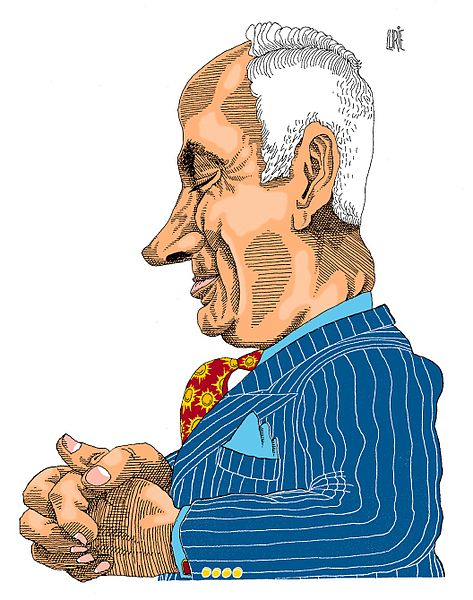By Tsionizm Staff | September 28, 2020

It’s been 20 years since the outbreak of the al-Aqsa Intifada, a period of carnage that saw the deaths of over 1,000 Israelis and 3,000 Palestinians. The Intifada killed people and it killed hope. It killed Israeli hopes for an end to conflict and Palestinian hopes to become citizens in their own sovereign state.
In August 2000, the Israeli-Palestinian conflict seemed to be only a couple of signatures away from becoming a footnote in the history of the Middle East. The accepted logic in Washington DC and foreign policy think tanks throughout the Western world was that Israeli-Palestinian peace was the gateway to wider peace in the Middle East. History has not been kind to this assumption. The Syrian civil war and the Arab Spring, during which Israel was an oasis of relative calm and stability, as well as with the recent peace treaties between Israel and the United Arab Emirates and Bahrain – signed without a resolution between the Israelis and the Palestinians – show the error of such thinking.
Two decades on, it’s clear why Benjamin Netanyahu is consistently chosen to be Israel’s prime minister by the Israeli public. The devastation unleashed on Israel during the five years of the al-Aqsa Intifada ensured that Israelis just don’t trust anyone else to look out for their interests and see the prospect of a Palestinian state as something to be feared. The constant rocket attacks emanating from Gaza stand as a warning to what Israel might end up experiencing from the West Bank in the wake of an Israeli withdrawal…
To read more visit The Spectator.
This piece originally appeared on Tsionizm.com and is used by permission.
The opinions expressed by contributors and/or content partners are their own and do not necessarily reflect the views of Steve Gruber.
Join the Discussion
COMMENTS POLICY: We have no tolerance for messages of violence, racism, vulgarity, obscenity or other such discourteous behavior. Thank you for contributing to a respectful and useful online dialogue.